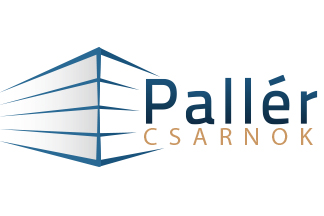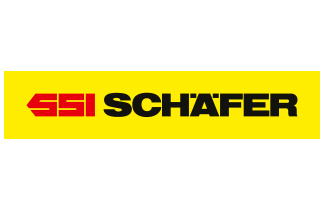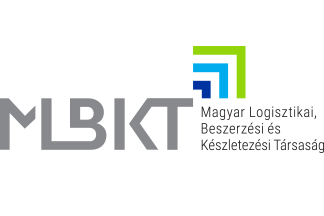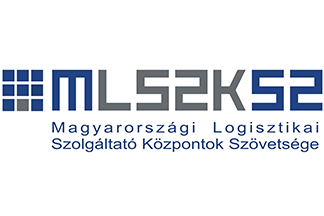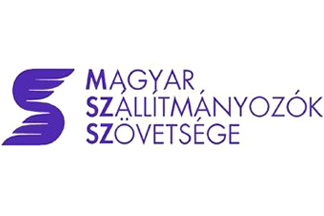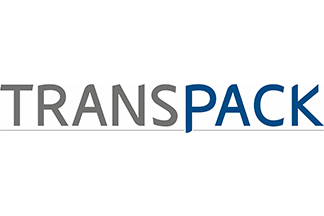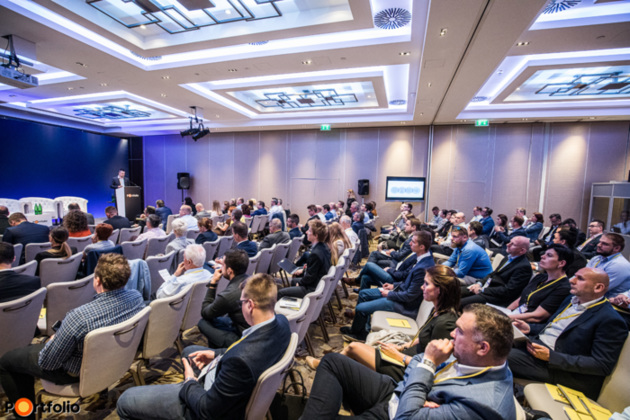Logistics is probably the economic sector that can profit the most from Industry 4.0 solutions. Advances in digitalisation, blockchain, big data and cloud services allow for improved efficiency and cost savings, and a number of companies active in Hungary's logistics sector are leading the way in adopting these innovations. Meanwhile, the sector must also meet new regulations and specifications, and certain measures could represent a severe competitive disadvantage for Hungarian businesses.
Logistics companies seek to follow ongoing technological and development innovations in their warehousing, packaging and shipping processes as well, which also presents new challenges to logistics hubs and industrial parks. The aim is to offer their customers custom-tailored logistics bases that match changing market demand.
Hungarian shipping logistics companies must comply with numerous local and European rules and regulations, while also keeping up with changing requirements from customers. Does the future belong to networked autonomous vehicles? How can artificial intelligence and cloud services make freight forwarding simpler, and how do shipping companies cope with an increasingly tense labour environment?
Areas like parcel logistics and warehousing also see one new technological solution emerge after the other. As for packaging, new sustainable and customisable technologies are gaining ground, while there is an increasing emphasis on automation. With the advance of online sales and e-commerce, warehousing must also keep up, which is why many providers are looking into robotisation, parcel distribution systems and augmented reality.
Portfolio's Smart Logistics conference, a gap-filling event in the Hungarian market, will review global and Hungarian trends in the logistics market and discuss government plans regarding the sector, development opportunities for industrial parks, challenges in shipping, innovations in packaging and warehousing, and the rise of e-commerce.
































